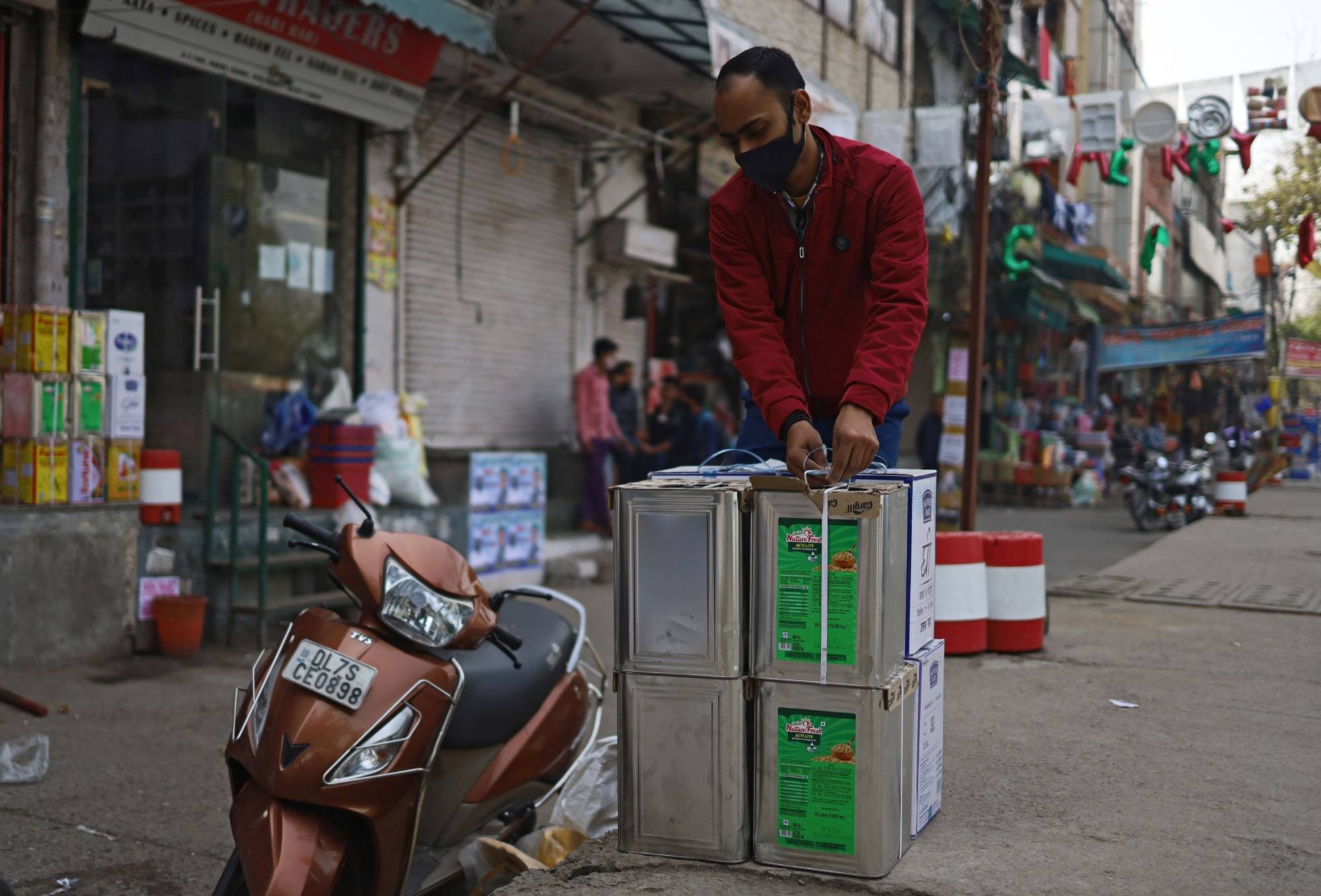In India, roadside restaurateurs are halving their palm oil use and moving into steamed snacks. Bakers in Ivory Coast want to cut the size of their standard baguette. Sandwiches from U.S. fast-food stalls are headed for fewer slices of bacon, pizzas for a more parsimonious sprinkle of pepperoni.
With the world economy already shackled by shortages linked to COVID-19 and now reeling from Russia’s invasion of Ukraine, prices of basics such as bread, meat and cooking oils have jumped across the world, sending shock waves through commodity markets and damaging the global food system.
For the most vulnerable societies — think Yemen, which imports 90% of its food in the midst of a grinding conflict and depreciating currency — this poses a genuine risk of hunger. Elsewhere, it triggers worries about what economists call demand destruction, a phenomenon where goods get too pricey to purchase.



